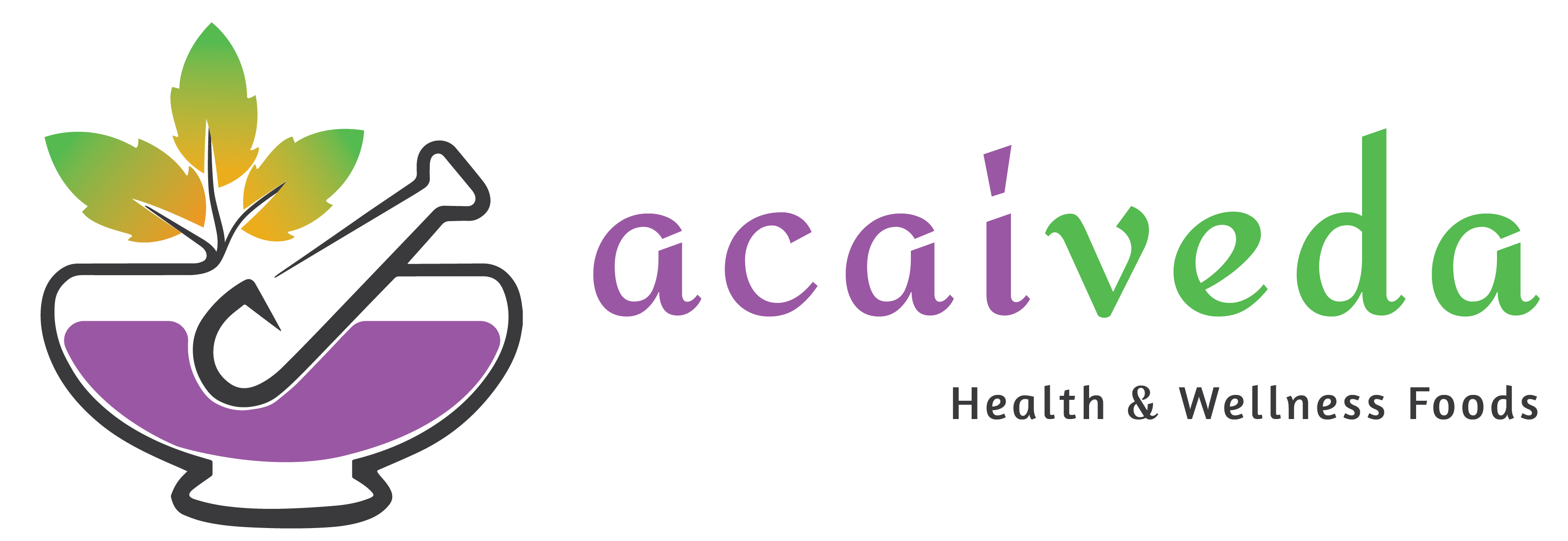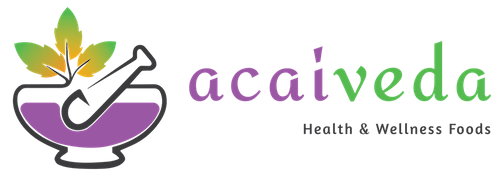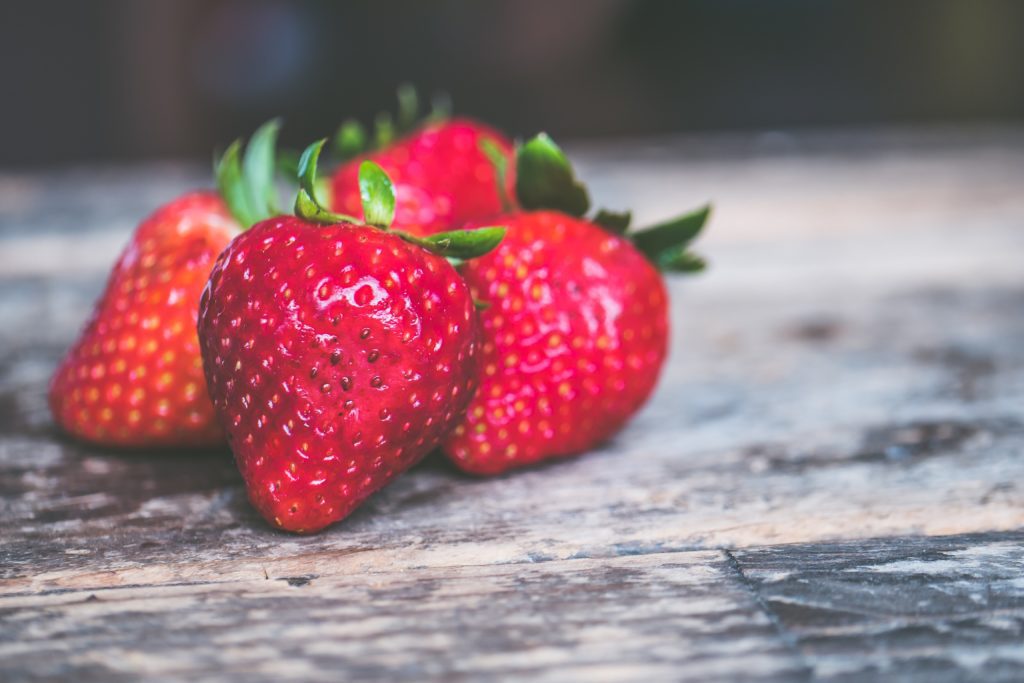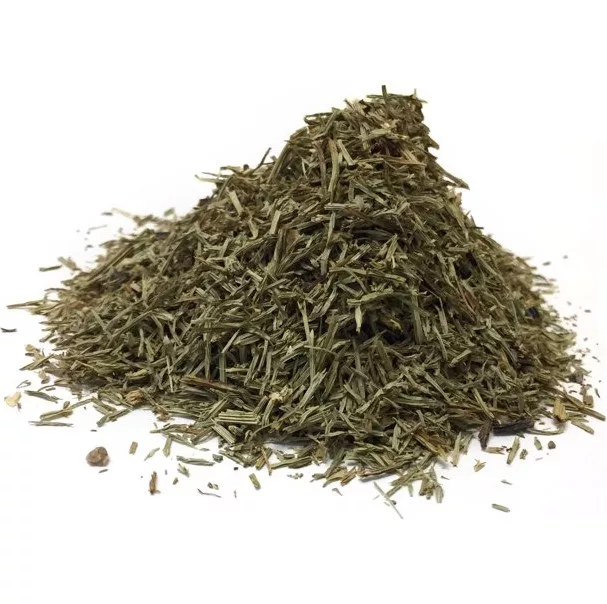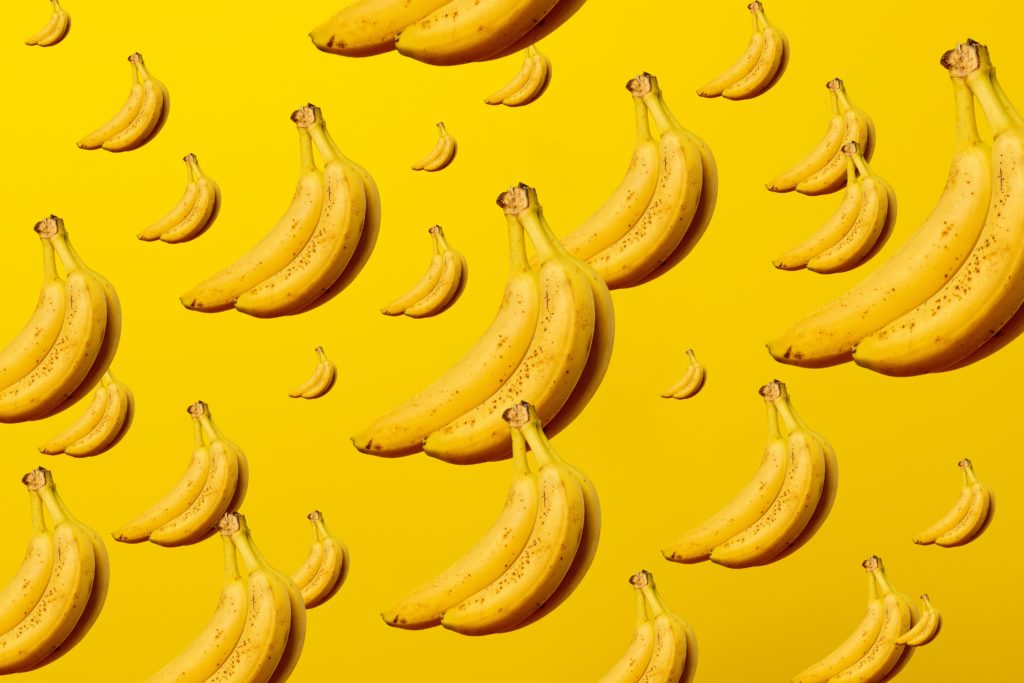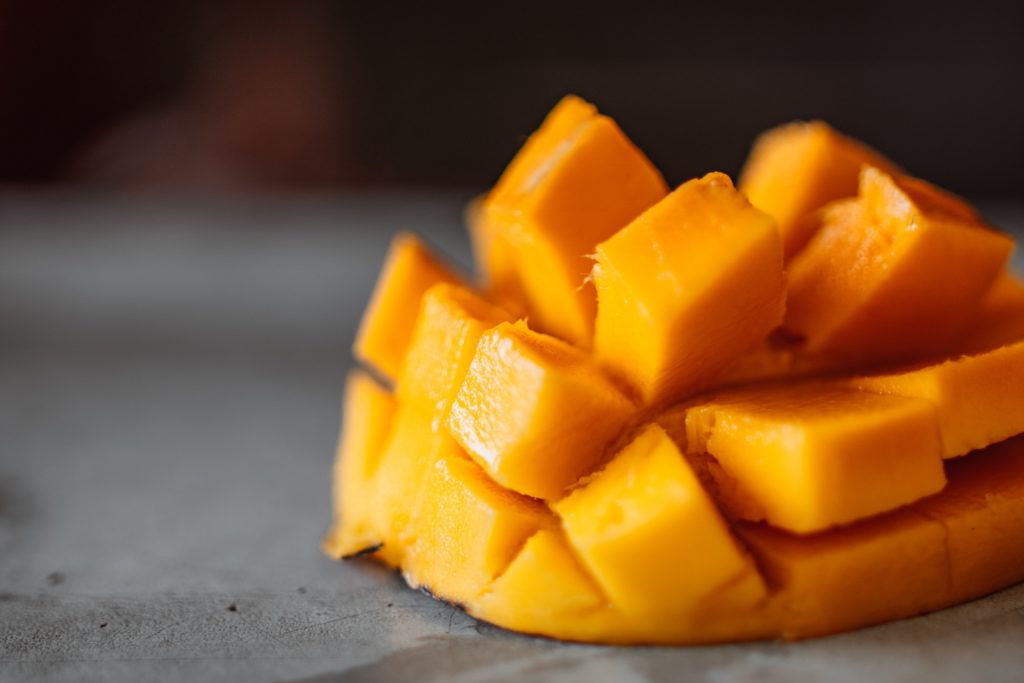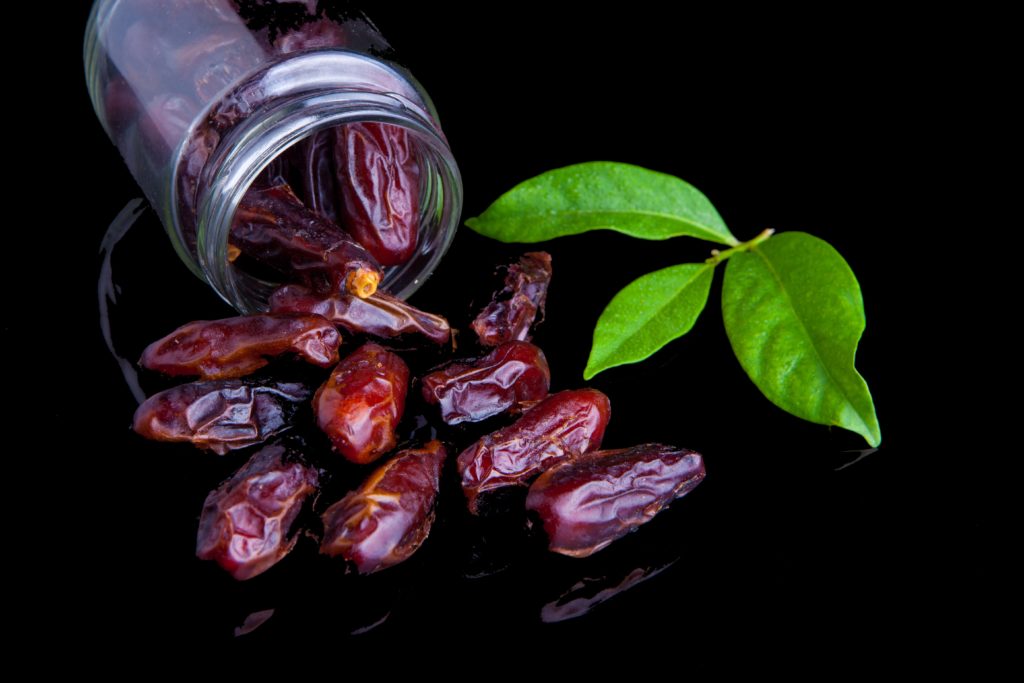
DATES: SATISFY YOUR SWEET TOOTH THE HEALTHY WAY
WHAT IS THE HISTORY OF DATES?
Dates are a sweet and nutritious fruit that have been enjoyed for thousands of years. They are believed to have originated in the region that is now Iraq, and have been cultivated in the Middle East and North Africa for over 5,000 years.
Dates were a staple food of the ancient Egyptians, who used them for food, as well as for religious and medicinal purposes. They were also popular among the ancient Greeks and Romans, who traded them throughout the Mediterranean region.
As trade routes developed, dates were introduced to other parts of the world, including Africa, Europe, and the Americas. Today, dates are grown in many countries around the world, with the largest producers being Egypt, Iran, and Saudi Arabia.
Dates have a long history of cultural and religious significance, and are an important part of the diets of many people around the world. They are often used in sweet and savory dishes, and are a staple food in many countries in the Middle East, North Africa, and South Asia.
Overall, the history of dates is a testament to the versatility, nutrition, and cultural significance of this sweet and nutritious fruit.
WHAT NUTRIENTS ARE IN DATES?
Dates are a nutritious fruit that are packed with essential vitamins, minerals, and fiber. Some of the key nutrients found in dates include:
- Fiber: Dates are high in fiber, which can help regulate digestion and prevent constipation.
- Potassium: Dates are a good source of potassium, a mineral that is important for maintaining healthy blood pressure and heart function.
- Magnesium: Dates contain magnesium, a mineral that is important for maintaining strong bones and supporting heart health.
- Manganese: Dates contain manganese, a mineral that is important for supporting healthy bone development and wound healing.
- Iron: Dates are a good source of iron, a mineral that is important for maintaining healthy red blood cells and supporting a healthy immune system.
- B vitamins: Dates are a good source of B vitamins, including niacin, B6, and pantothenic acid, which are important for energy production and maintaining a healthy nervous system.
- Vitamin K: Dates contain vitamin K, which is important for blood clotting and maintaining healthy bones.
- Antioxidants: Dates are a good source of antioxidants, which help protect the body against damage from free radicals and may help reduce the risk of certain chronic diseases.
WHAT IS THE DAILY VALUE OF NUTRITION IN DATES?
The percent daily value (DV) of a nutrient in dates is based on a reference daily intake (RDI) of 2,000 calories for an average adult. Here is an overview of the percent daily value of some key nutrients found in dates:
- Fiber: 100g of dates contain 7g of fiber, which is 28% of the daily value.
- Potassium: 100g of dates contain 696mg of potassium, which is 20% of the daily value.
- Magnesium: 100g of dates contain 54mg of magnesium, which is 13% of the daily value.
- Manganese: 100g of dates contain 0.3mg of manganese, which is 13% of the daily value.
- Iron: 100g of dates contain 0.9mg of iron, which is 5% of the daily value.
- Vitamin B6: 100g of dates contain 0.2mg of vitamin B6, which is 10% of the daily value.
- Vitamin K: 100g of dates contain 2.7mcg of vitamin K, which is 3% of the daily value.
- Antioxidants: Dates are a good source of antioxidants, which help protect the body against damage from free radicals and may help reduce the risk of certain chronic diseases.
HOW CAN DATES CHANGE YOUR LIFE?
Dates have the potential to positively impact various aspects of your health and life in the following ways:
- Improve digestion: Dates are high in fiber, which can help regulate digestion and prevent constipation.
- Promote heart health: Dates are a good source of potassium, a mineral that is important for maintaining healthy blood pressure and heart function.
- Strengthen bones: Dates contain magnesium and manganese, two minerals that are important for maintaining strong bones and supporting bone health.
- Boost energy: Dates contain natural sugars and B vitamins, which can help provide a quick burst of energy and improve physical performance.
- Support a healthy immune system: Dates are a good source of iron, a mineral that is important for maintaining healthy red blood cells and supporting a healthy immune system.
- Improve brain function: Dates contain antioxidants and B vitamins, which are important for maintaining a healthy nervous system and supporting brain function.
- Aid in weight management: Dates are a nutritious snack option that can help satisfy sweet cravings and prevent overeating, which may help with weight management.
HOW DO I CONSUME DATES?
There are many different ways to consume dates, and they can be enjoyed as a snack, ingredient in recipes, or added to smoothies and other drinks. Here are a few ways to enjoy dates:
- Fresh dates: Fresh dates can be eaten as a snack on their own or as a sweet addition to a cheese platter.
- Stuffed dates: Dates can be stuffed with fillings such as cheese, nuts, or chocolate for a sweet and satisfying snack.
- Baked goods: Dates can be used as a natural sweetener in baked goods such as cakes, breads, and muffins.
- Smoothies: Dates can be added to smoothies for a natural boost of sweetness and added nutrition.
- Oatmeal and milk: Dates can be added to oatmeal or milk for a natural boost of sweetness and added nutrition.
- Snack bars: Dates can be used as a base for homemade snack bars and energy bites.
- Salads and grain bowls: Dates can be added to salads and grain bowls for a natural sweet flavor and added texture.
HOW MANY DATES DO I CONSUME DAILY?
There is no set daily limit for consuming dates, as the appropriate amount will depend on factors such as age, gender, activity level, and overall diet. However, here are a few general guidelines to keep in mind:
- As a snack: Dates can be eaten as a snack on their own, with a handful (about 4 to 6 dates) being a good serving size.
- As a sweetener: When used as a sweetener in recipes or smoothies, a few dates can go a long way in adding natural sweetness.
- As part of a balanced diet: It’s best to think of dates as a nutrient-dense food that can be enjoyed in moderation as part of a balanced diet that includes a variety of foods from all food groups.
Note: We are a small business so we used a cheat code (ChatGPT, phew, technology has come far!) to help me write this blog post. I double-checked the information contained within this post to ensure accuracy.
